Does Atlanta Welcome Jews of Color?
Several Jews of color share their thoughts on inclusion and challenges within Jewish Atlanta.
Heidi Senior perhaps expresses it best. She said that she feels like “a round peg in a square hole.” That’s because Senior is one of the many Jews of color in the Atlanta area who doesn’t feel welcomed by the Atlanta Jewish community.
A biracial woman whose mother was Jewish, Senior is married to a black man, and they have five children. Even before Senior learned her biological mother was Jewish, she and her husband sought out and practiced Judaism. She’s also searched for other Jews of color in the area.
“Meeting other Jews that look like me gave me confidence. I made an appointment with a rabbi and he said that me and my kids are fine and don’t need to convert, but my husband does. But he felt dismissed,” she explained to the AJT.
So now the Seniors don’t belong to any synagogue, although they are considering joining one not far from where they just moved, about 50 miles northeast of Atlanta. Their experience with synagogues hasn’t been positive, however. “I don’t see people who look like me in shul and we don’t want to feel like we have to have proof of being Jewish,” Senior said. “I don’t feel like the synagogue is a safe space.”
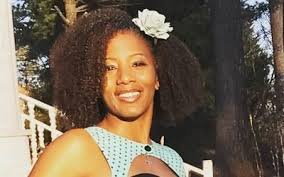
Senior isn’t alone. Tarece Johnson, who is black and Jewish, said that “no one has ever been rude to me, but I have encountered many nice racists in the Atlanta Jewish community. People just don’t realize that what they are saying is racist.” Johnson’s ancestors include a grandmother from Madagascar, as well as native Americans and Louisiana Creole.
Johnson described herself as a diversity professional. In that capacity, she was invited to offer a voluntary course on diversity in Judaism at The Epstein School, where her children are students. “Only six kids signed up, which is disheartening to me. This should be embedded in the curriculum. Diversity should be taught in arts and crafts and incorporated into history classes.”
According to a recent study, released in May, more than one million of the 7.2 million Jews in the United States are Jews of color. The study, “Counting Inconsistencies,” was conducted by Ilana Kaufman, director of Jews of the Color Field Building Initiative, and Dr. Ari Kelman, the Jim Joseph professor of education and Jewish studies in the Graduate School of Education at Stanford University, who was the lead researcher. That boils down to at least 12 to 15 percent of America’s Jewish population.
There’s been no similar study of Jews of color in the Atlanta community. In fact, the Atlanta Jewish community as a whole hasn’t even started the conversation about the racial diversity in its population, according to Rabbi Ruth Abusch-Magder, director of education for Be’chol Lashon.
That national organization was founded in 2000 as a response to a “Study of Racial & Ethnic Diversity of the American Jewish Community,” which discovered that 20 percent of America’s then-6 million Jews, or 1.2 million, were African American, Latino/Hispanic, Asian, mixed race, Sephardic and Mizrachi. In other words, Jews who are not solely from Europe, especially Eastern Europe, known as Ashkenazi.
“The white Ashkenazi community doesn’t do a great job of recognizing the historic and current diversity of the Jewish community,” Abusch-Magder told the AJT. “We assume Jews are white and Ashkenazi. We talk about racism as outside the Jewish community, but we don’t talk about it inside.”
Be’chol Lashon works with Jewish day schools around the country, but not yet in Atlanta.
Abusch-Magder says the Atlanta Jewish community needs to have ongoing community-wide discussions rather than one-time events to raise awareness and understanding of the issue and increase emphasis on the Jewish value of welcoming and inclusion. “This is work that will have to happen institution by institution and by the community as a whole,” she said.
A year ago, the AJT reported on one institution that tried to raise awareness of diversity in the Jewish community. Johnson organized an event at her synagogue, Temple Sinai, at which Jews who are black, brown and biracial told their stories about how they observe their Judaism and what it means to them. At the time she said the idea was “to inspire, inform and encourage our Jewish community to be more racially inclusive by learning, teaching and depicting Jewish diversity in Jewish school curricula, Sunday/Hebrew schools, camps, Jewish day schools, Jewish leadership, Jewish books, Jewish libraries and other media.”
Also about a year ago, The Temple launched its Mosaic program that was designed to help everyone feel welcome, Rabbi Loren Filson Lapidus told the AJT. “We want to help people to remember that not every Jew of color converted” and those who don’t look like you can still be Jewish, she said.
“We need to challenge the assumptions people hold. And a lot of people who want to be inclusive just don’t know how. We want to give them the tools.”
For Sukkot this year, The Temple’s director of engagement, Rabbi Lydia Medwin, organized a Unity Sukkah. Organizers posted on poles 32 different ways of identifying ourselves — such as married or single, Democrat or Republican, Sephardi or Ashkenazi. About 235 people took balls of yarn and wrapped the yarn around poles that spoke to them, creating the roof of the sukkah.
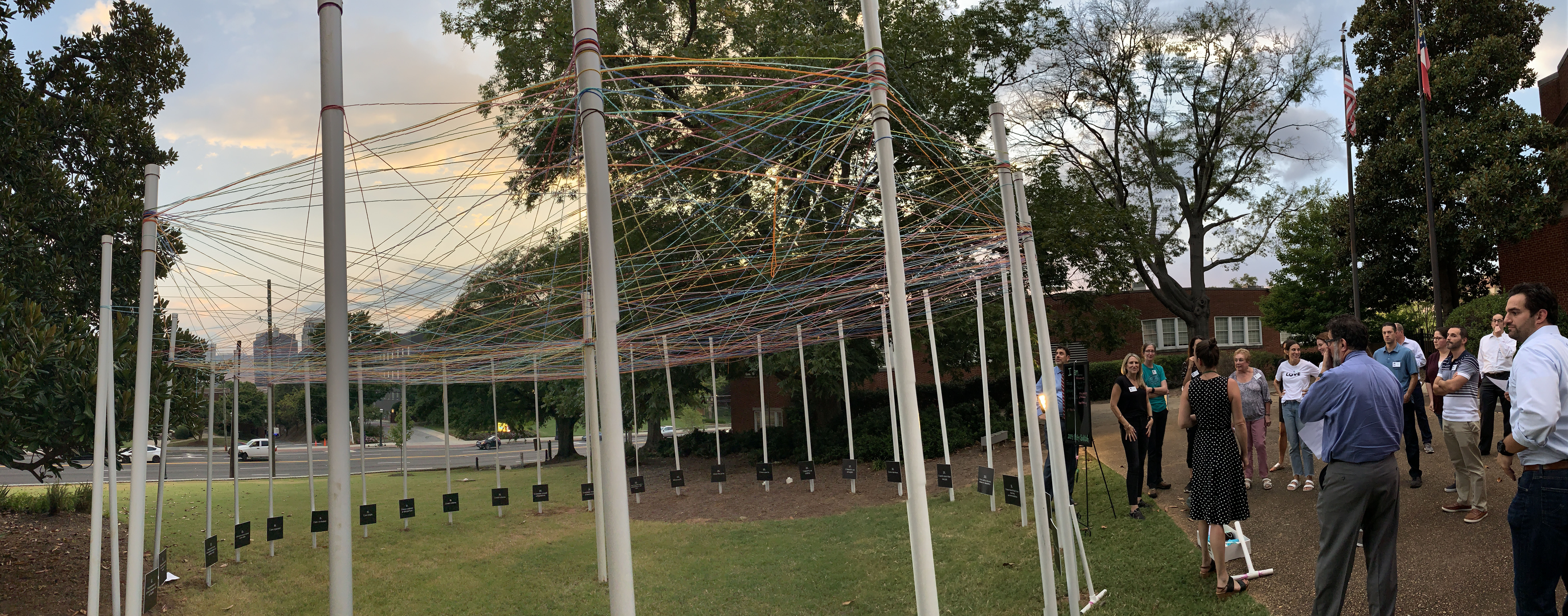
Lapidus said that so far there isn’t a “critical mass” of Jews of color to make diversity more obvious. But she is seeing more Jews of color in synagogue leadership positions which, she thinks, will make a difference.
She pointed to former Fulton County Commission Chairman John Eaves who is now running for Congress from the 7th Congressional District. In 2017, Eaves wrote an article in the AJT about how he sees himself as a bridge between the black and Jewish populations because he is both. As he wrote, “My grandfather, Cecil Reginald Eaves, converted to Judaism after immigrating to America from Jamaica in 1913. He passed his faith to my father, John Henry Eaves Sr., who in turn passed it on to me.”
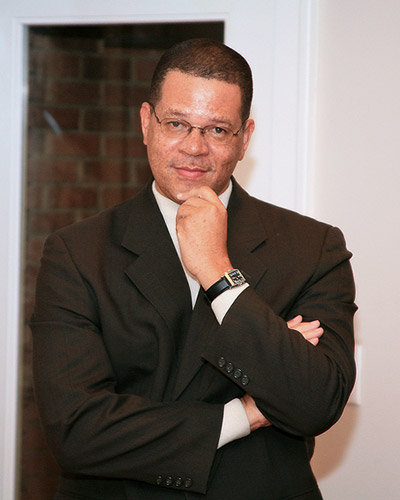
Eaves still sees himself as that bridge but “sometimes it gets shaky,” he recently told the AJT. A board member at The Temple, Eaves sees head Rabbi Peter Berg “trying to fill the shoes of the late Rabbi Jacob Rothschild. The social justice arm of The Temple is in that tradition.”
But he admits that he is more impacted by being a black in America than being a Jew – partly because it’s more obvious. Trying to describe these two identities, Eaves explained that “My soul is fed when I go to a black church, once I block out the Jesus factor. But my mind is fed when I’m in a synagogue.”
Diversity in the Atlanta Jewish community isn’t just a black and white issue, however. Brian Weiss and his Chinese wife Yang Yang are both in leadership positions at The Temple. When they moved to Atlanta, like many Jews, they went shul shopping. “For us, it was the right mix of tradition that I grew up with,” Weiss said, “but it also walked the walk of diversity.” Both Yang and Weiss are members of the board and the Mosaic committee at The Temple, which includes gender and age diversity, as well as racial or interfaith.
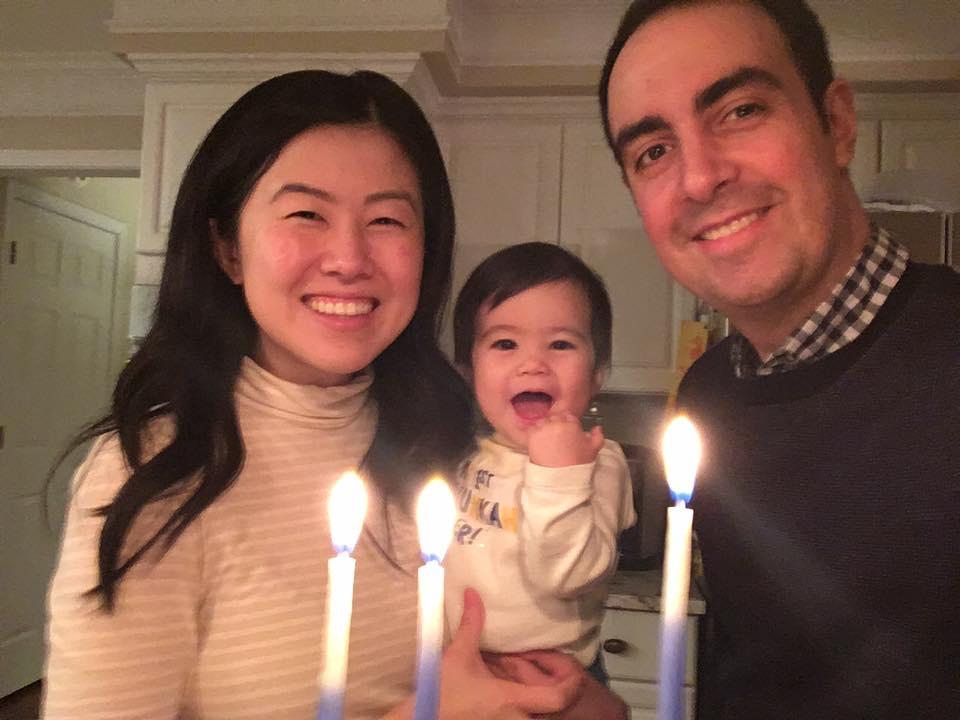
Yang’s choice to convert, and her enthusiasm for becoming Jewish, Weiss said, led to his participation at The Temple.
Although no one has ever asked Yang why she’s in a synagogue, there have been times when the couple has attended other synagogues “and the guy greeting people said ‘Shabbat Shalom’ to Brian and not to me,” said Yang. “It’s still a novelty [to people], but I’m happy to share my story.”
According to Abusch-Magder, “I’ve been doing this work for a decade and I’ve seen more emphasis on diversity, but change will not come quickly enough to fix the problems already there.”



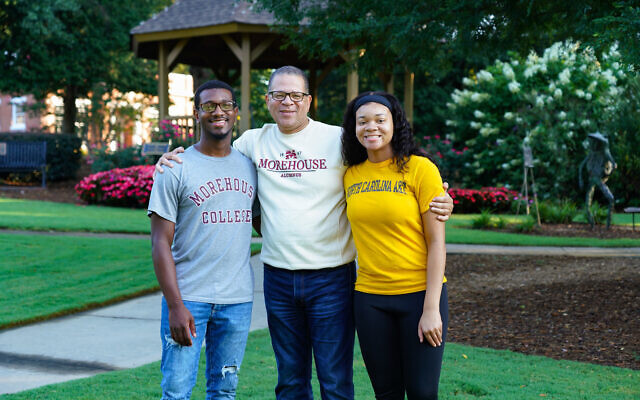
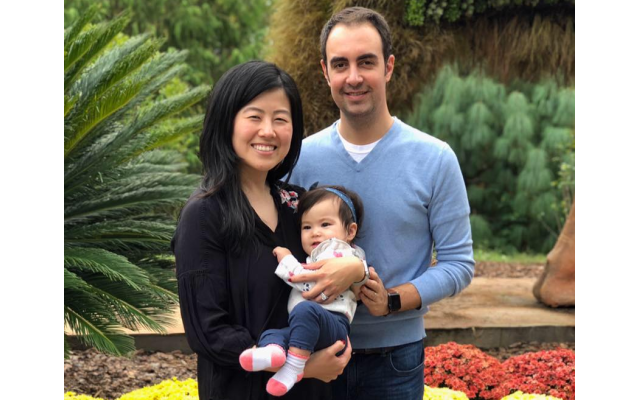
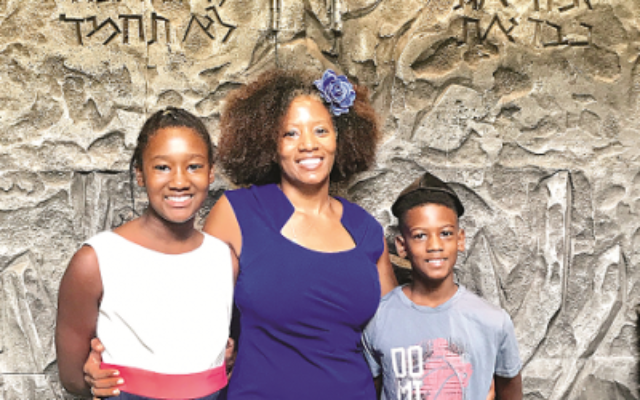
comments